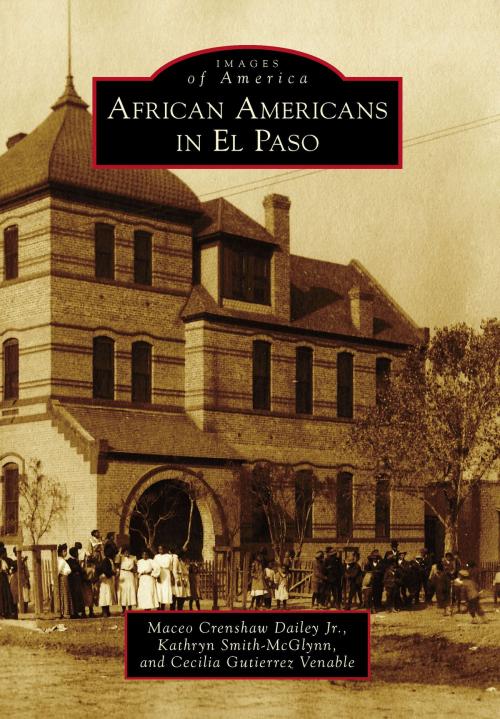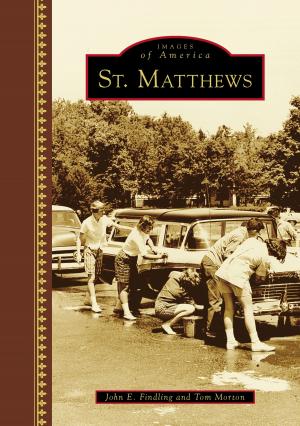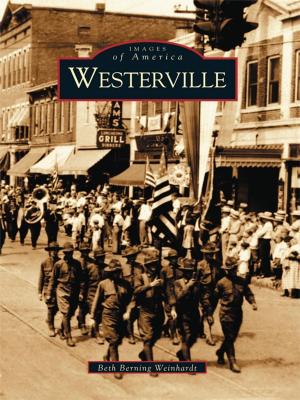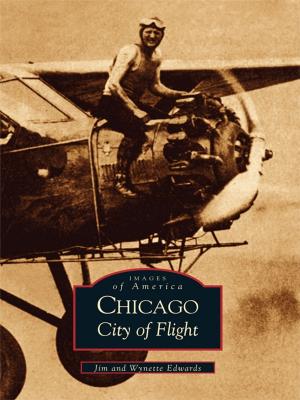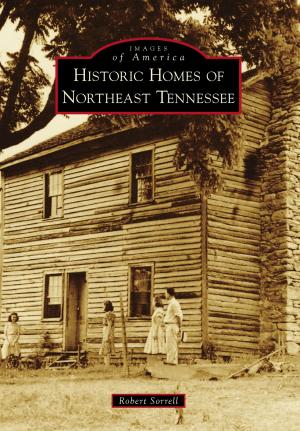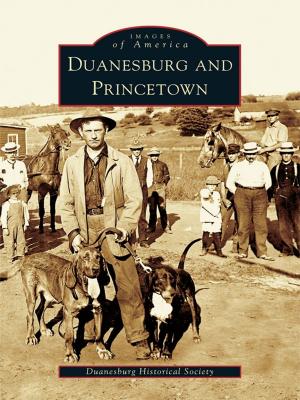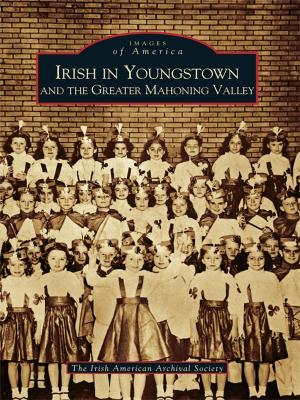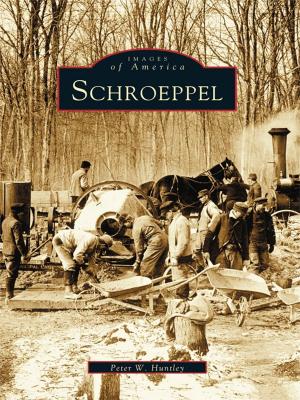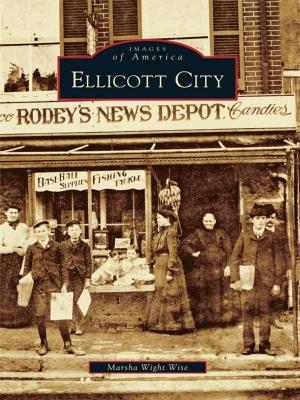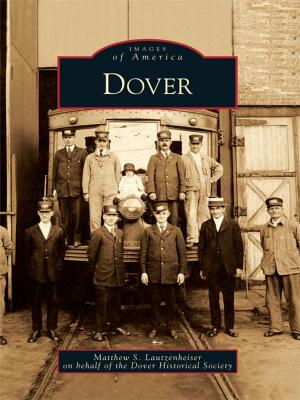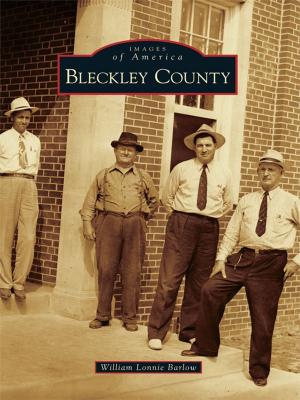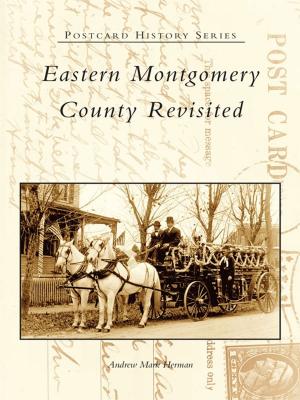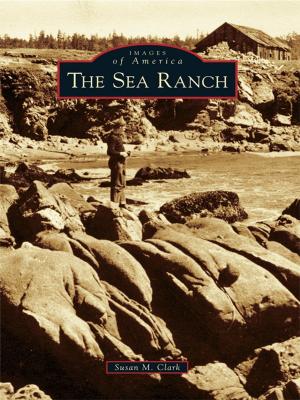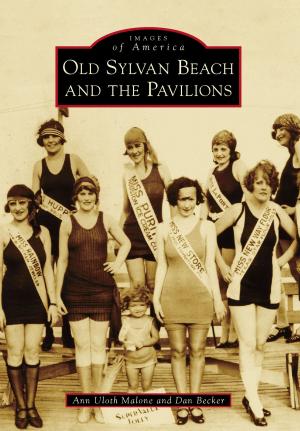African Americans in El Paso
Nonfiction, Art & Architecture, Photography, Pictorials, History, Social & Cultural Studies, Social Science, Cultural Studies, African-American Studies, Fiction & Literature, Literary Theory & Criticism| Author: | Kathryn Smith-McGlynn, Cecilia Gutierrez Venable, Maceo Crenshaw Dailey Jr. | ISBN: | 9781439647448 |
| Publisher: | Arcadia Publishing Inc. | Publication: | September 29, 2014 |
| Imprint: | Arcadia Publishing | Language: | English |
| Author: | Kathryn Smith-McGlynn, Cecilia Gutierrez Venable, Maceo Crenshaw Dailey Jr. |
| ISBN: | 9781439647448 |
| Publisher: | Arcadia Publishing Inc. |
| Publication: | September 29, 2014 |
| Imprint: | Arcadia Publishing |
| Language: | English |
El Paso�s African American community can trace its origins back to the 16th century, when the black Moor known as Esteban roamed the southwest and, more significantly, those Africans in the party of conquistador Juan de O�ate crossed the Rio Grande in 1598. The modern El Paso African American community began to take shape in the 1880s, as the railroad industry, military establishment, and agricultural community all had black Americans in their ranks. Black leaders and their followers established a school and founded several significant black churches. Texas's first state branch of the National Association for the Advancement of Colored People is recorded to have been formed in El Paso; the first major court cases that challenged the all-white Democratic primary came from this city; the Texas Western College basketball team won the NCAA championship in 1966 with five starting black players; and today, the city is inhabited by black military retirees, entrepreneurs, educators, and other professionals (each with vibrant and socially conscious organizations), making it a progressive model of community development.
El Paso�s African American community can trace its origins back to the 16th century, when the black Moor known as Esteban roamed the southwest and, more significantly, those Africans in the party of conquistador Juan de O�ate crossed the Rio Grande in 1598. The modern El Paso African American community began to take shape in the 1880s, as the railroad industry, military establishment, and agricultural community all had black Americans in their ranks. Black leaders and their followers established a school and founded several significant black churches. Texas's first state branch of the National Association for the Advancement of Colored People is recorded to have been formed in El Paso; the first major court cases that challenged the all-white Democratic primary came from this city; the Texas Western College basketball team won the NCAA championship in 1966 with five starting black players; and today, the city is inhabited by black military retirees, entrepreneurs, educators, and other professionals (each with vibrant and socially conscious organizations), making it a progressive model of community development.
